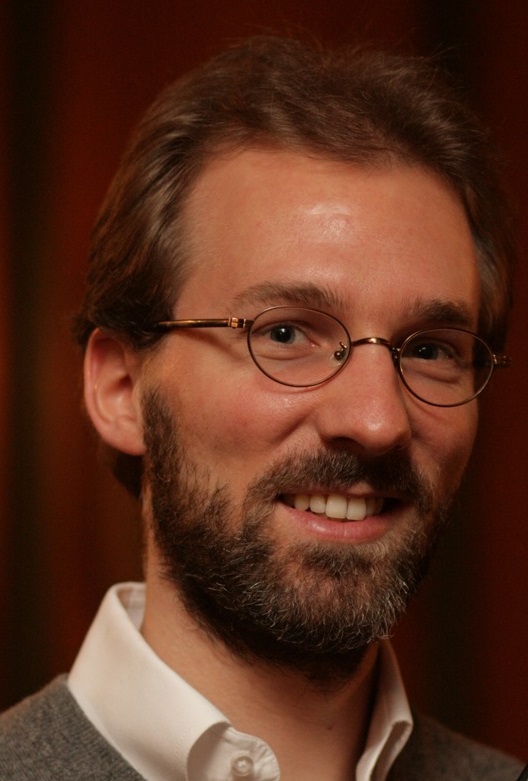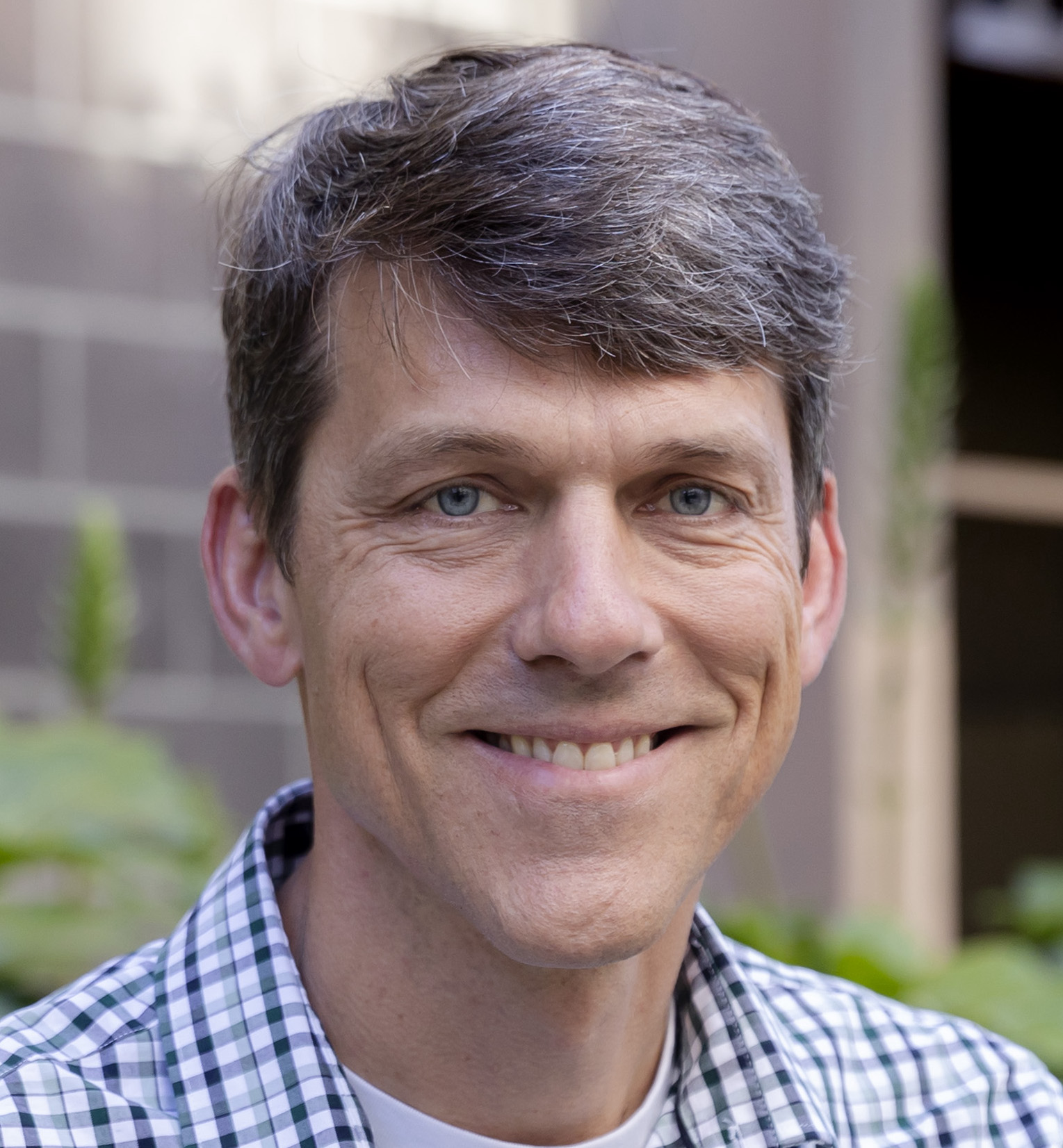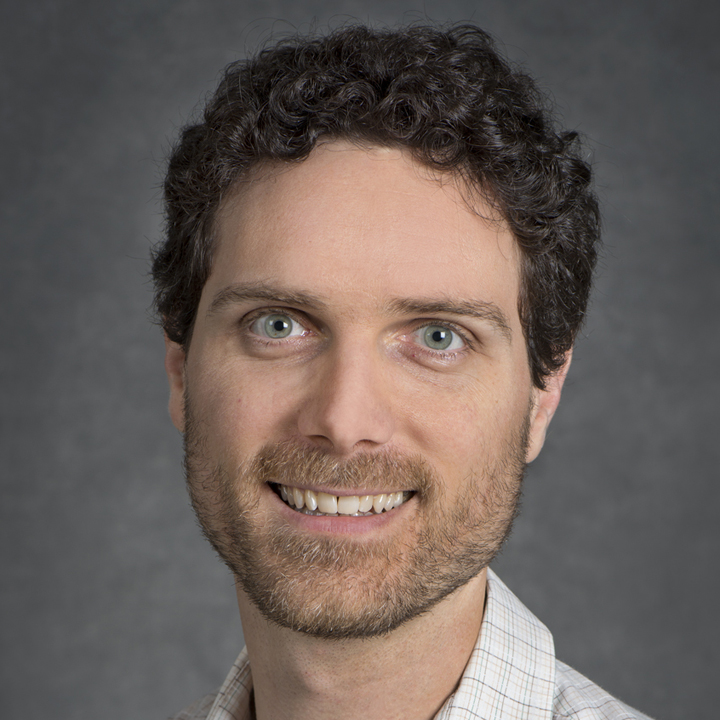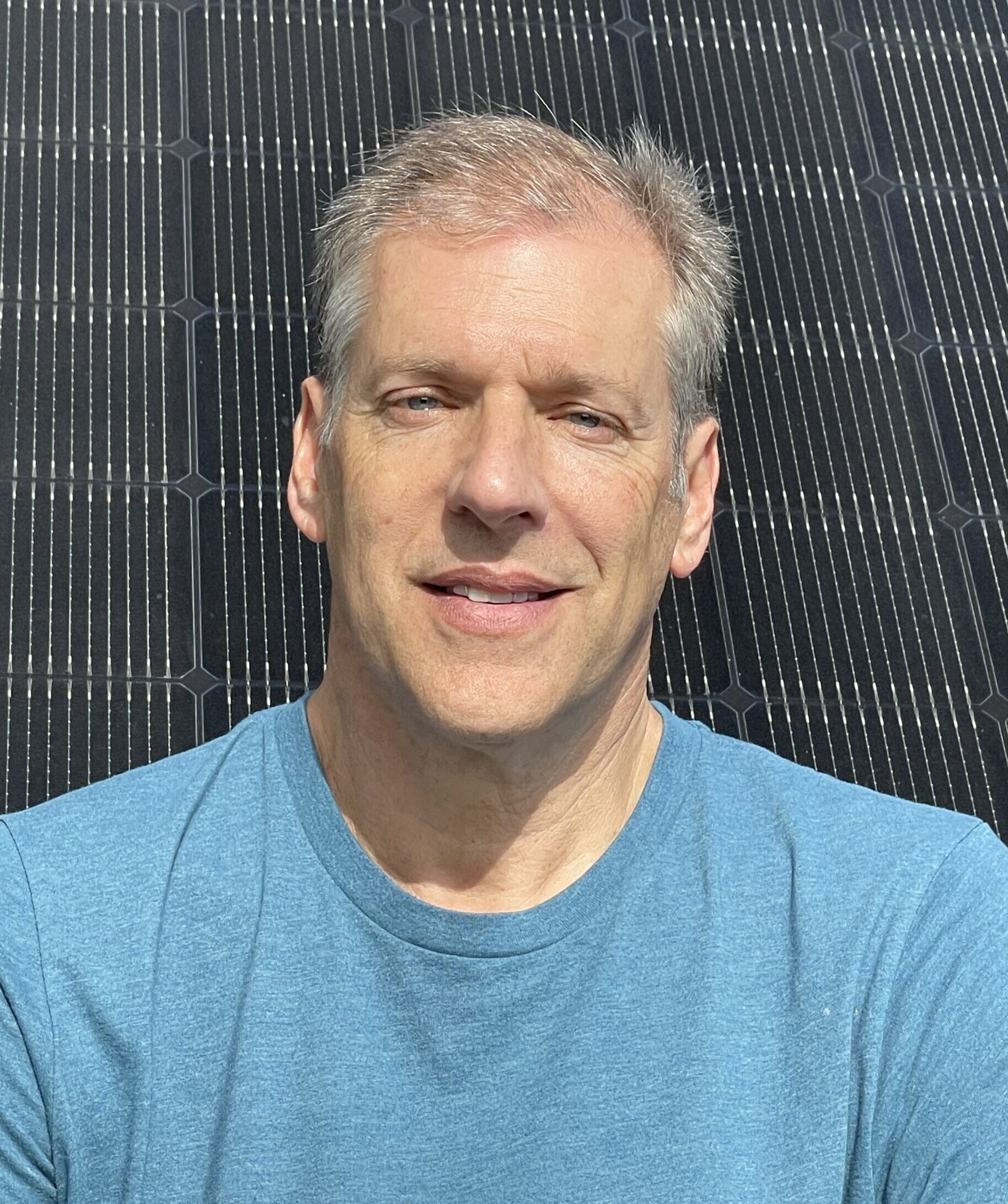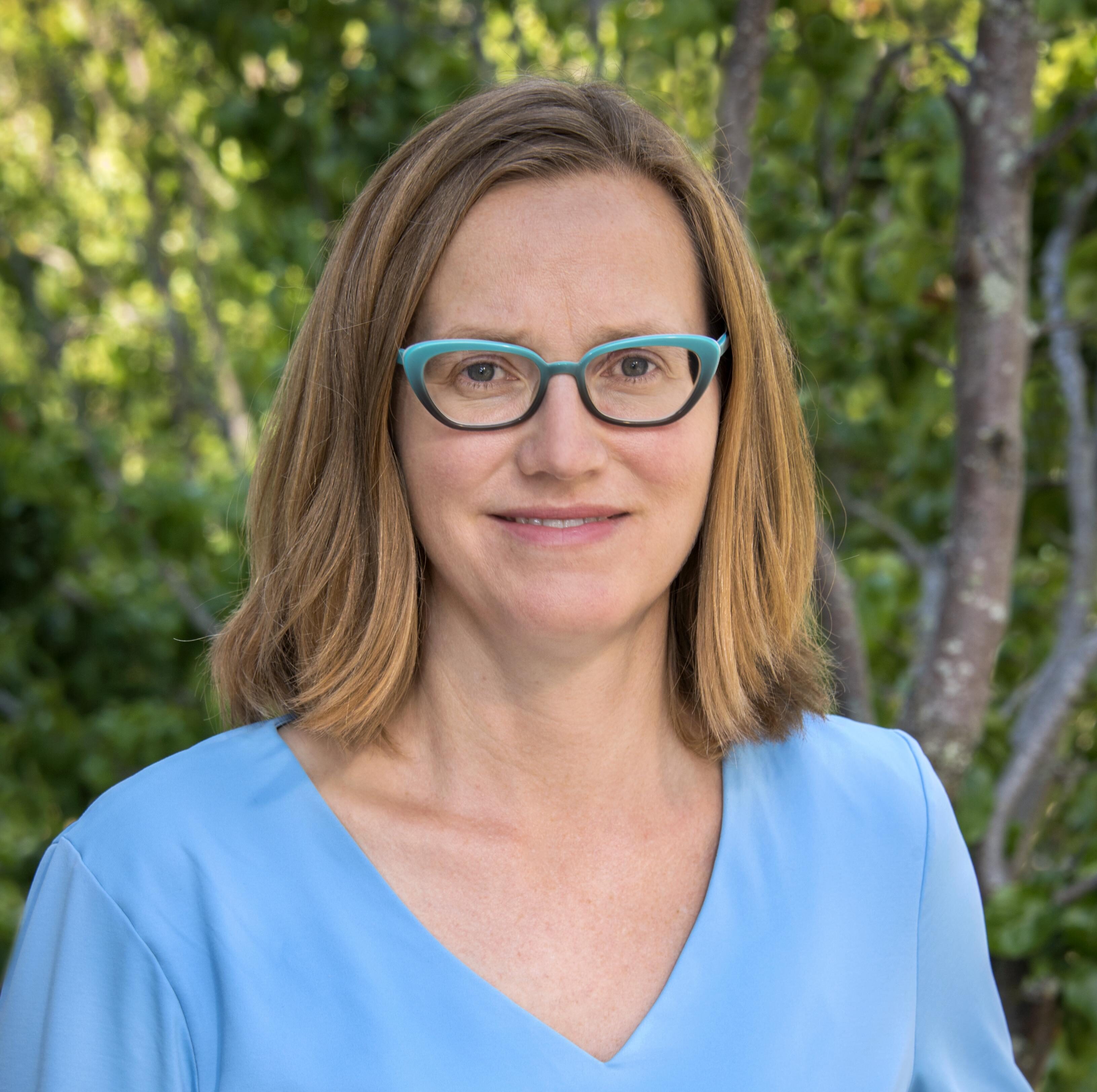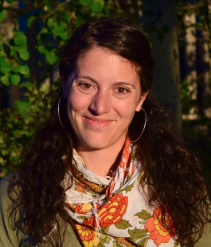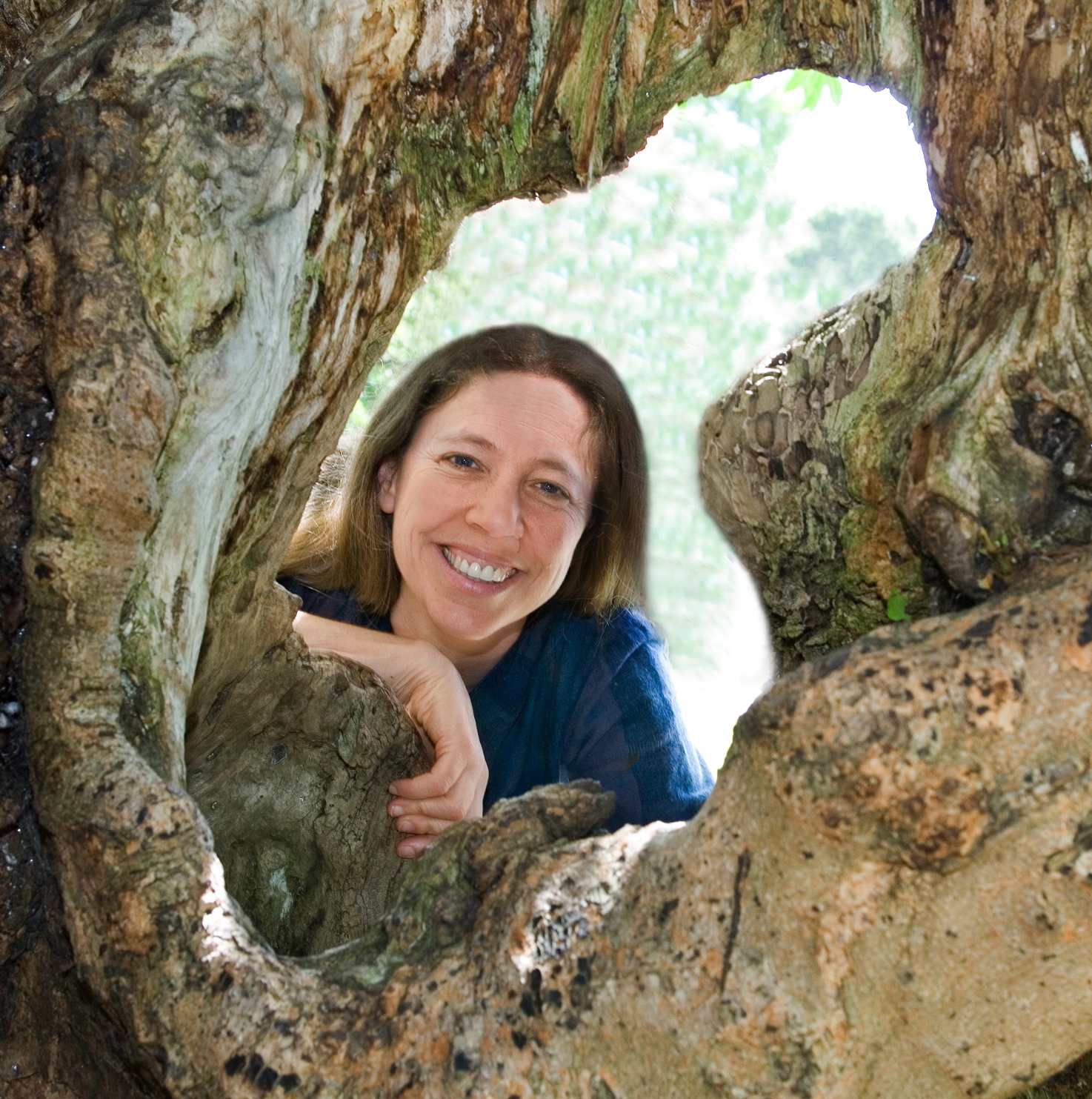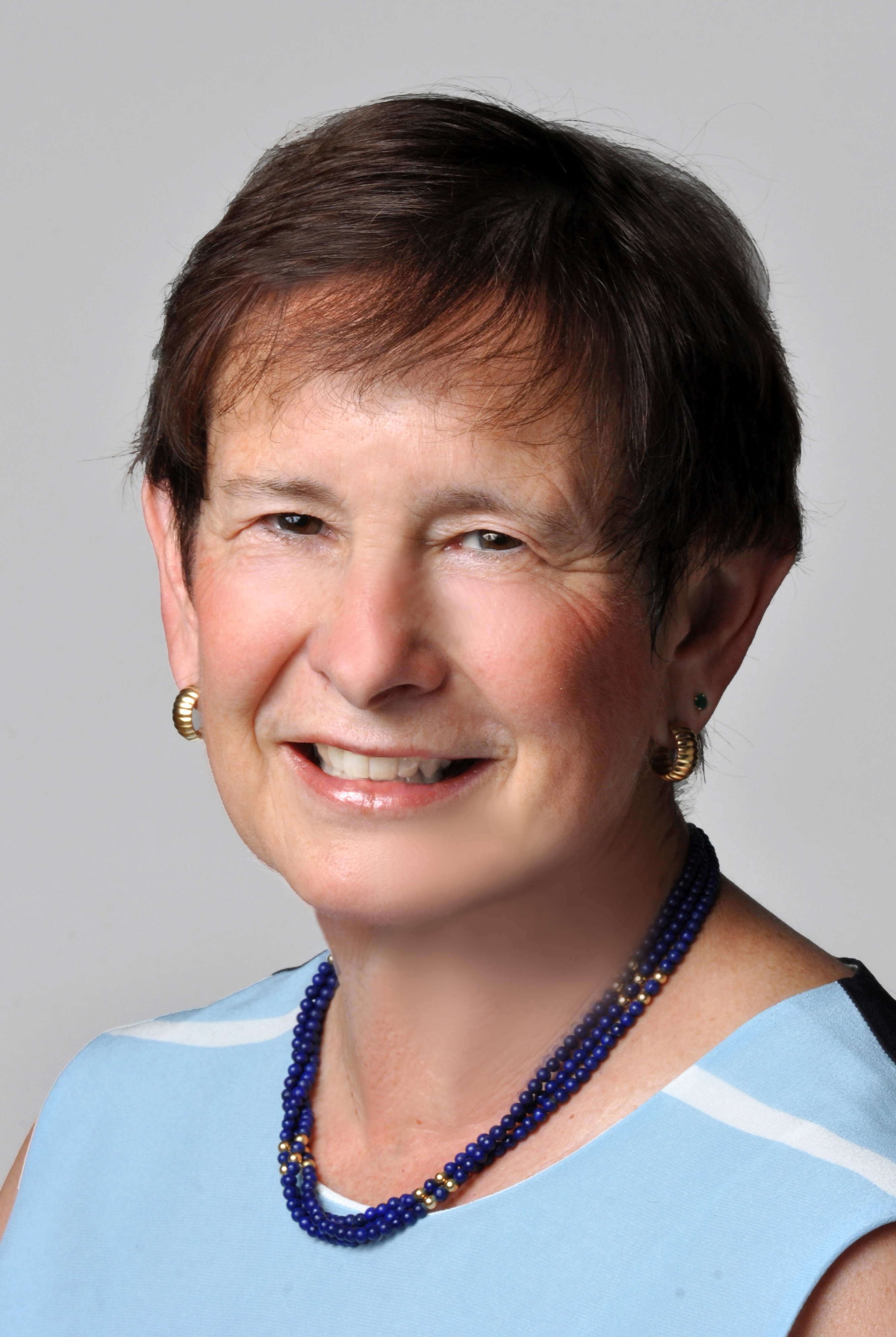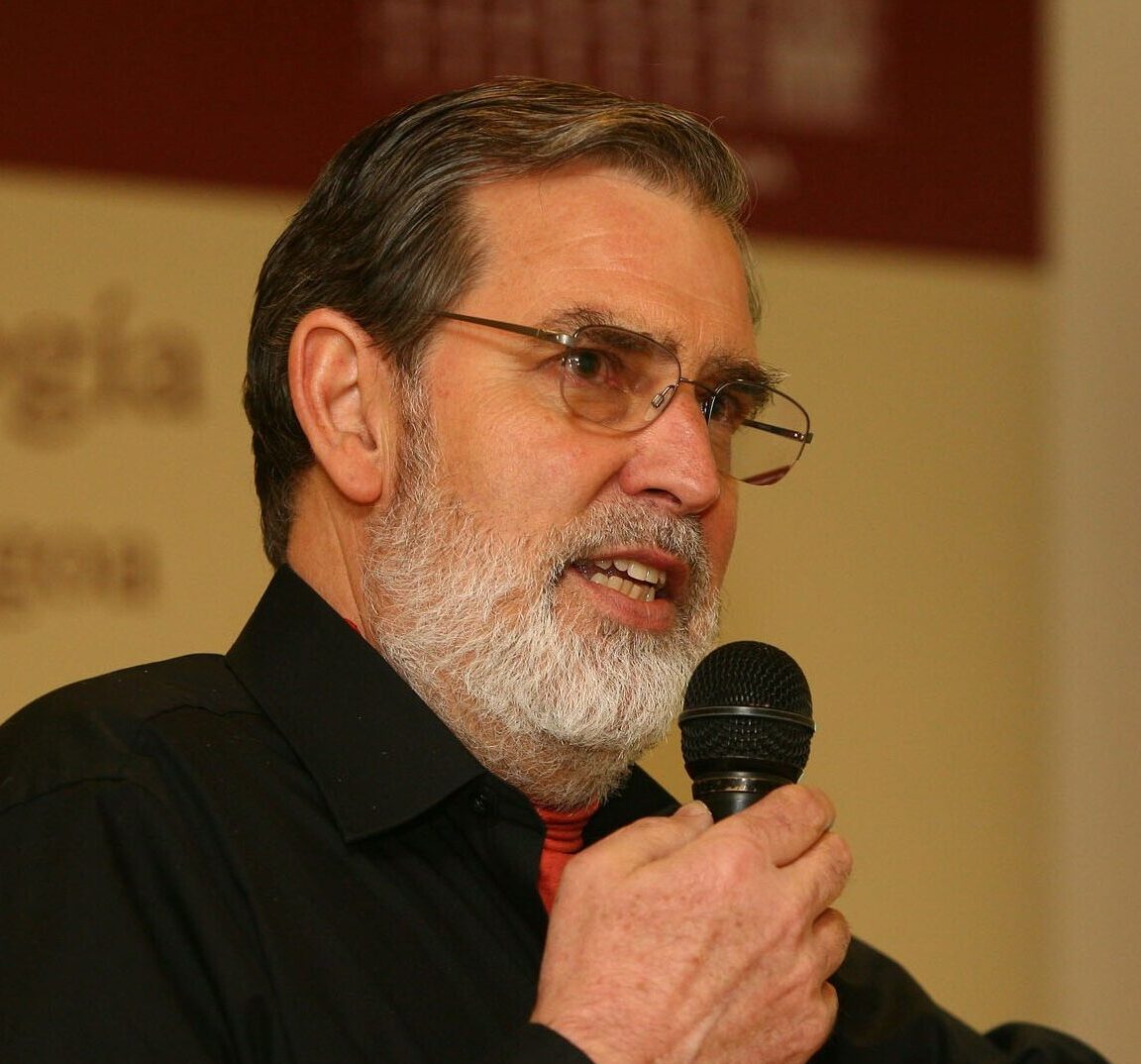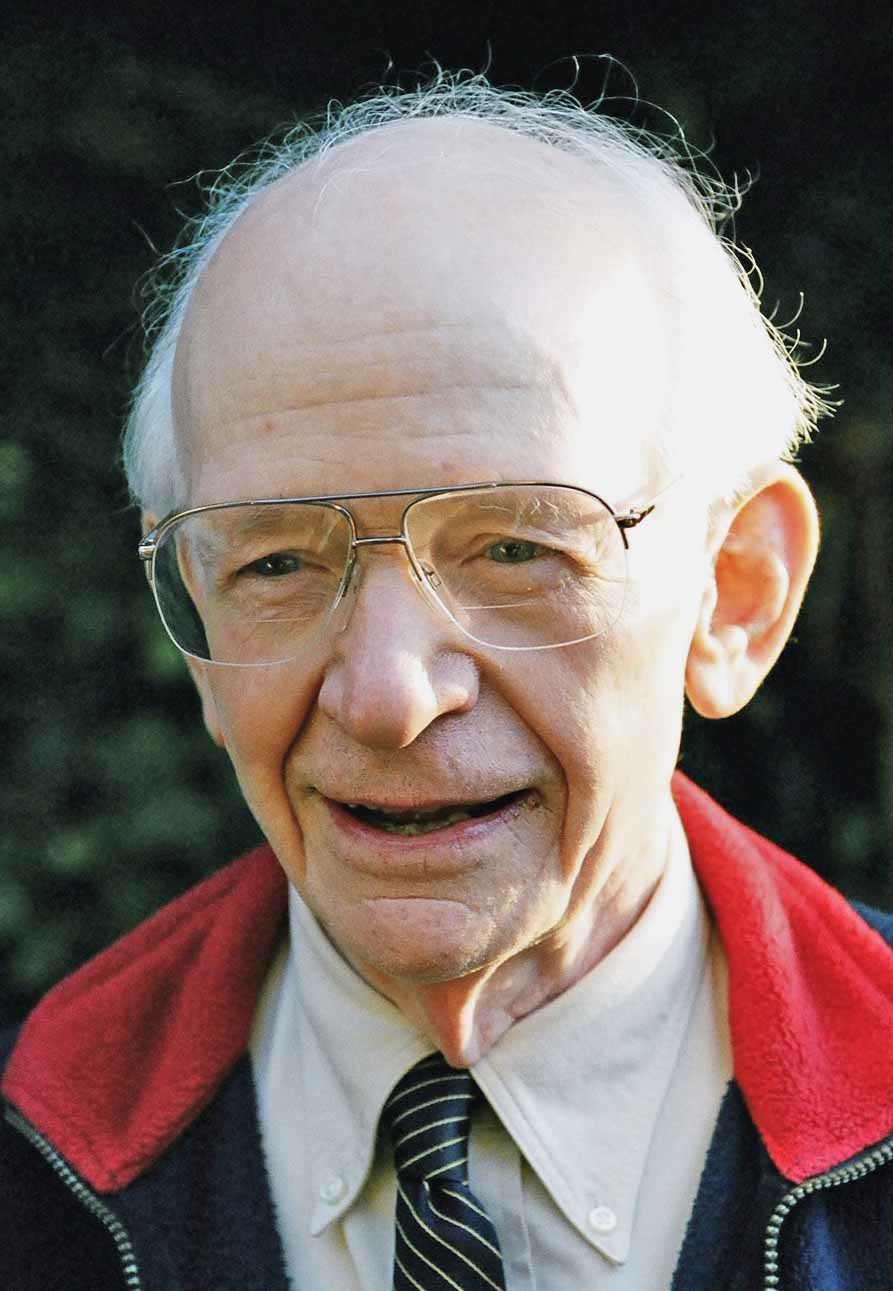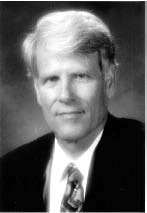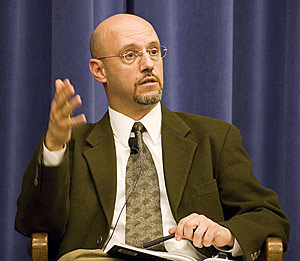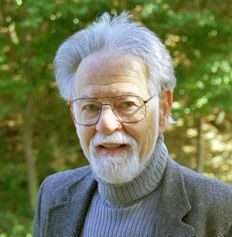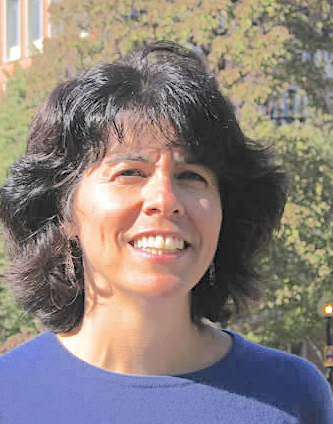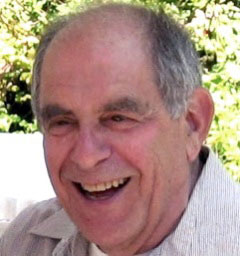The faculty of ERG currently consists of 10 core professors of Energy and Resources and nearly 200 affiliated faculty and researchers holding appointments in a wide range of departments across the Berkeley campus. The current chair of ERG is Professor Daniel Kammen, who hold appointments in the Energy and Resources Group, the Goldman School of Public Policy, and the Department of Nuclear Engineering.
List of ERG Affiliated Faculty
List of ERG Faculty by Areas of Primary Interest
Please note that due to the high volume of requests ERG core faculty members receive, they are rarely able to accept short-term visiting students and may not respond to inquiries. If you have questions about ERG admissions, please refer to the ERG Admissions webpages or contact erggrad@berkeley.edu.
